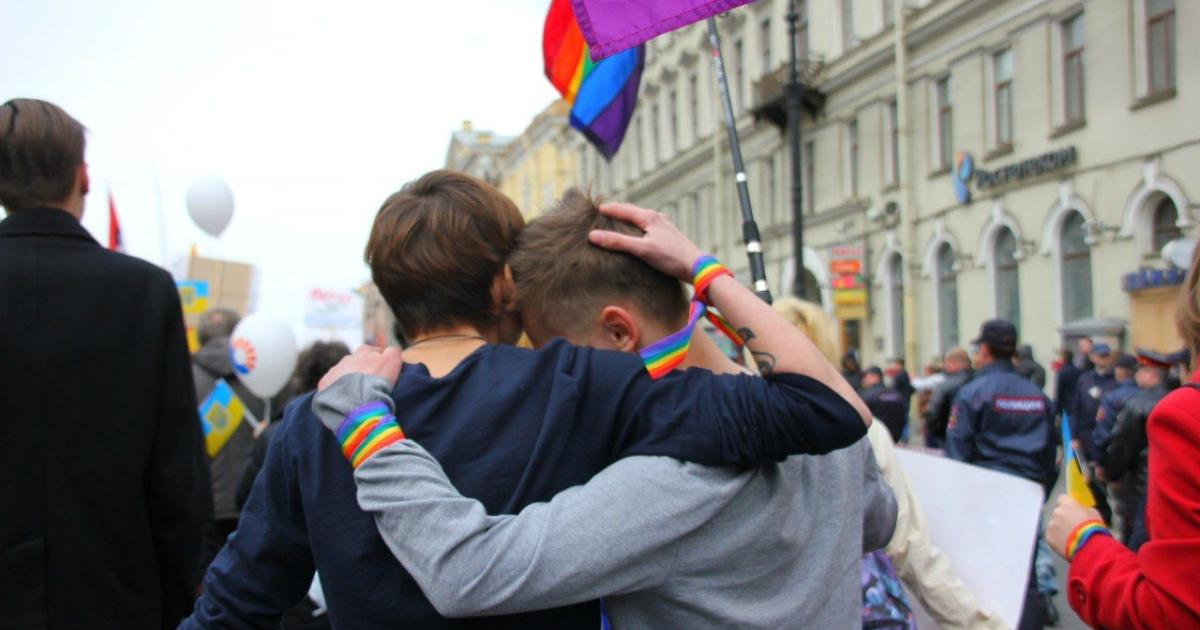Homophobia and Discrimination on Grounds of Sexual Orientation and Gender Identity in the EU Member States
On December 18 2008 the UN General Assembly heard a strong declaration drafted by France and The Netherlands on behalf of the European Union and co-sponsored by sixty-six countries from all regions. It called for the global decriminalization of homosexuality and condemned human rights violations based on sexual orientation or gender identity.
In the European Union Article 13 of the EC Treaty prohibits any discrimination based on sexual orientation and the EU’s Charter of Fundamental Rights is the first international human rights charter to explicitly include the term “sexual orientation”. The legal study we published in June 2008 shows that 18 EU Member States already provide quite comprehensive protection against discrimination on grounds of sexual orientation. In July 2008, a further step has been made when the European Commission proposed stronger EU wide protection against discrimination on all grounds.
The social situation, however, is worrying. In recent years a series of events in EU Member States, such as the banning of Pride marches, hate speech from politicians and intolerant statements by religious leaders, have sent alarming signals and sparked a new debate about the extent of homophobia and discrimination against lesbian, gay, bisexual, transsexual and transgendered (LGBT) persons in the European Union. Such events led the European Parliament to adopt in 2005 a resolution condemning homophobia and sexual orientation discrimination.
Two years later in the summer of 2007 the European Parliament asked the newly established Fundamental Rights Agency to develop a comprehensive comparative report covering all EU Member States on the situation regarding homophobia and sexual orientation discrimination. In response the Agency carried out a large scale legal and social research project during 2007 and 2008.
This comprehensive report composed of two parts, a legal and a social analysis, is presented to the European Parliament and its Committee on Civil Liberties, Justice and Home Affairs as evidence for actions needed in order to respect, protect and promote the fundamental rights of LGBT persons across the EU.
Two years later in the summer of 2007 the European Parliament asked the newly established Fundamental Rights Agency to develop a comprehensive comparative report covering all EU Member States on the situation regarding homophobia and sexual orientation discrimination. In response the Agency carried out a large scale legal and social research project during 2007 and 2008.
This comprehensive report composed of two parts, a legal and a social analysis, is presented to the European Parliament and its Committee on Civil Liberties, Justice and Home Affairs as evidence for actions needed in order to respect, protect and promote the fundamental rights of LGBT persons across the EU.
The social analysis contained in this publication is based on data and contextual information contained in country reports for all EU Member States. Unique material was gathered through fieldwork interviews with LGBT NGOs, Equality Bodies and public authorities in all Member States and a questionnaire survey of stakeholders. This new data has been combined with a thorough examination of existing academic studies and Eurobarometer surveys to develop the second part of our report, a comprehensive social analysis that complements the FRA’s legal analysis released in June 2008.
The work shows that the current human rights situation for lesbians, gay men, bisexuals, transsexuals and transgender persons is not satisfactory. Many LGBT persons experience discrimination, bullying and harassment, while, more worryingly,
occurrences of physical attacks were also detected: Derogative words are used for gays and lesbians at schools. Harassment can be an everyday occurrence at the workplace. Relationships often lack the ability to secure one another as full legal partners. At retirement homes, awareness of LGBT persons’ needs is rare. Under these circumstances ‘invisibility’ becomes a survival strategy. In a European Union that bases itself on principles of equal treatment and non-discrimination legislation this is unacceptable.
What needs to be done?
Combating fundamental rights violations effectively requires first of all a firm political commitment to the principles of equal treatment and non-discrimination. Political leaders at EU and national level need to take a firm stance against homophobia and discrimination against LGBT and transgendered persons contributing in this way to a positive change in public attitudes and behaviour.
Secondly, it requires good knowledge of the situation based on robust data guiding the development of evidence based policies and actions. This research represents an important positive step in this direction. But equality authorities and other specialised bodies in many Member States still need to develop data collection mechanisms, promote scientific research, and actively encourage LGBT people to come forward and lodge complaints on incidents of discrimination.
In the light of the findings of this social analysis, the Agency welcomes the European Commission’s Proposal for a Council Directive on implementing the principle of equal treatment between persons irrespective of religion or belief, disability, age or sexual orientation. This new Directive would extend the protection against discrimination on grounds of sexual orientation beyond the area of employment and thus address some of the key issues emerging from this report. The opinions contained in this report provide EU institutions and the Member States, as our Regulation requires, with the necessary assistance and expertise in order to support them when taking measures or action within their respective spheres of competence to fully respect fundamental rights.
In closing I would like to thank for their work the staff of the Agency, Caroline Osander, project manager from the Danish Institute for Human Rights , and project manager, Mikael Keller, consultant Mads Ted Drud-Jensen from COWI .
Morten Kjaerum Director, European Union Agency for Fundamental Rights
In closing I would like to thank for their work the staff of the Agency, Caroline Osander, project manager from the Danish Institute for Human Rights , and project manager, Mikael Keller, consultant Mads Ted Drud-Jensen from COWI .
Morten Kjaerum Director, European Union Agency for Fundamental Rights

No comments:
Post a Comment